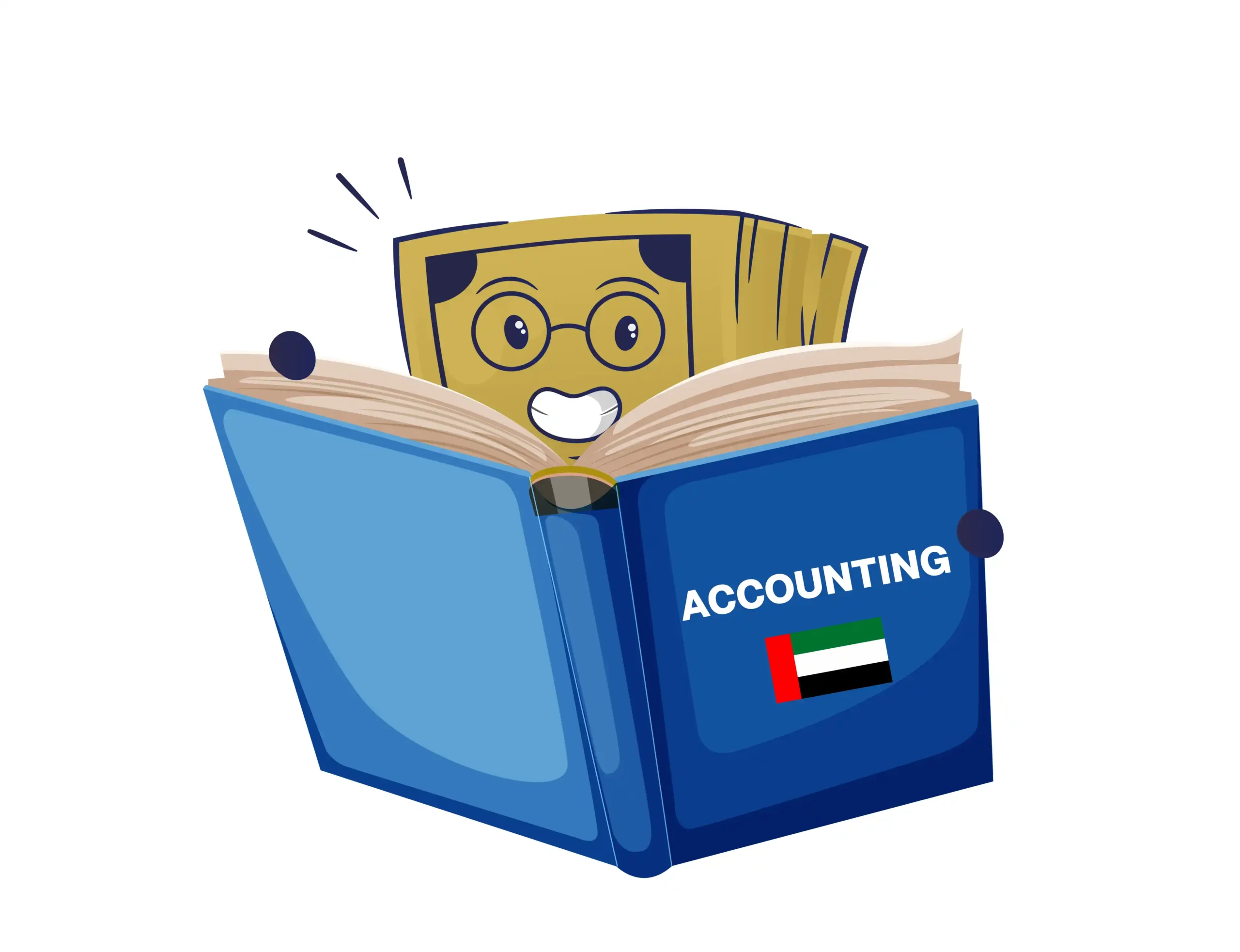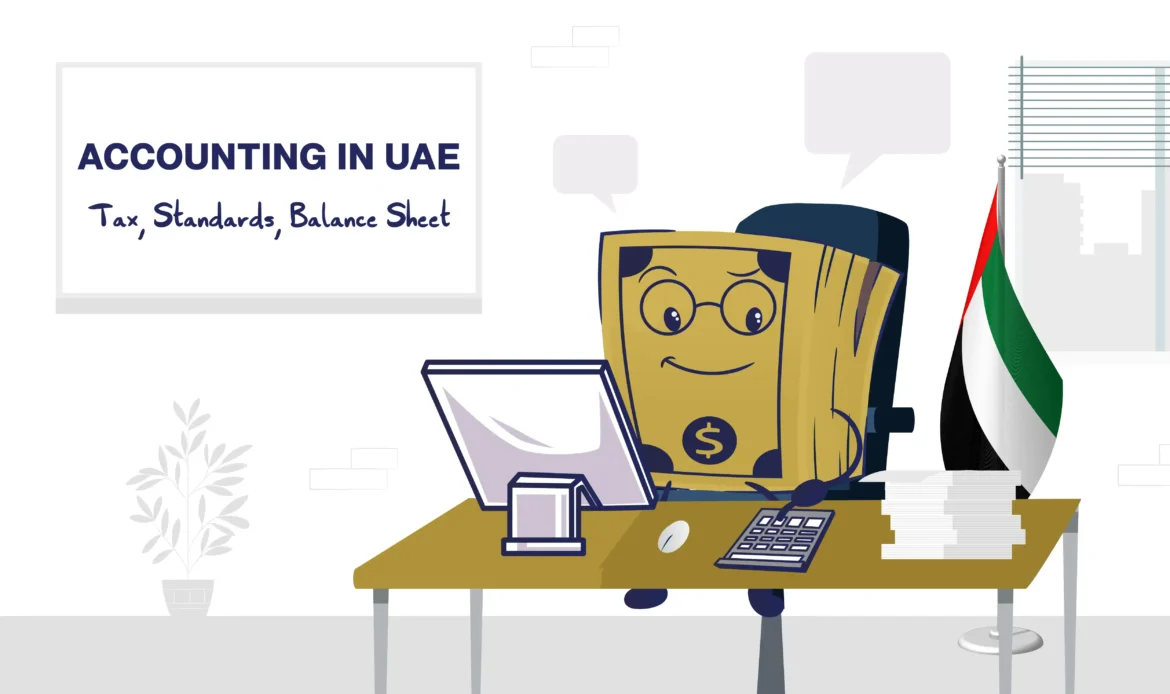The United Arab Emirates’ place in the business world grew dramatically in the last few decades. And as a hub for businesses, you can imagine that plenty of companies operate there. Now, if you run a business in the UAE, you should ensure that proper accounting practices are in place. Hence, you should know everything there is to know about accounting in UAE! So, let’s break it down and check out all there is to learn about the processes, shall we?
Accounting Processes You Should Know About
Accounting Standards
Before you begin any process, you gotta be aware of the accounting standards in UAE that your company should follow. Basically, companies in the UAE should follow the IFRS to make sure all the financial reports are consistent and credible. You can read more about that right here. And of course, on the local level, authorities like the DFSA have their own set of regulations that companies should follow.

Corporate Tax Laws & VAT Accounting
In June 2023, the UAE introduced its corporate tax law, which we previously discussed in length. And of course, this is one of the crucial accounting processes that companies should go through. You see, the introduction of corporate tax entails that companies should keep accurate financial records for calculations later on.
Moreover, the UAE introduced the VAT in 2018 at a 5% rate. So, if your company’s income exceeds a certain amount, you should file for VAt returns periodically. And of course, that will require keeping records of all VAT transactions. This all falls under the accounting umbrella.
Audit Requirements
Although auditing is a broad section with many types, it does include a financial side. And accounting in UAE definitely requires a detailed financial audit. As a part of that process, auditors must ensure that the statements abide by the IFRS regulations. Moreover, companies, especially those in the free zones of the UAE, must submit yearly audited financial statements.
Who Oversees Accounting in UAE?
There are multiple authorities that oversee how well accounting in UAE happens. In the first place, we have the Ministry of Economy, which keeps an eye on the fact that companies are complying with regulations. Meanwhile, the FTA, or Federal Tax Authority, manages the VAT and corporate tax processes. And finally, Free Zone authorities keep an eye on the financial practices of companies within their jurisdiction.
Now, if you wanna stay trouble free whenever it comes to accounting in UAE, you might wanna outsource it all! Luckily for you, Noraal is here to handle all those things from A to Z. So make sure you check out what we have to offer, and we promise you won’t look back!
